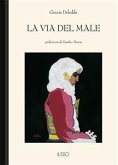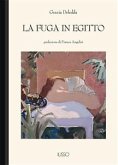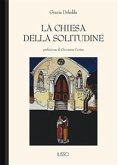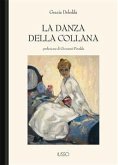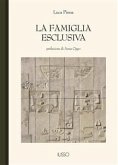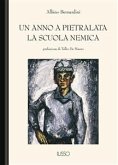L'omicidio immotivato di Carlo Arca fa da sfondo al romanzo. Suo fratello Stefano, giovane di maschia bellezza, è afflitto da un'infelicità che lo porta a essere insofferente verso tutto e tutti. Durante una delle sue crisi viene confortato da Maria Arthabella, vedova del fratello e sposa osteggiata per motivi di censo, dalla quale presto si sentirà attratto e che, dopo il matrimonio, porterà nella casa di famiglia. Ma il fantasma di Carlo aleggia in tutto il romanzo, dalla memoria agli animi dei personaggi, sino alla conclusione.www.ilisso.it
Bitte wählen Sie Ihr Anliegen aus.
Rechnungen
Retourenschein anfordern
Bestellstatus
Storno



